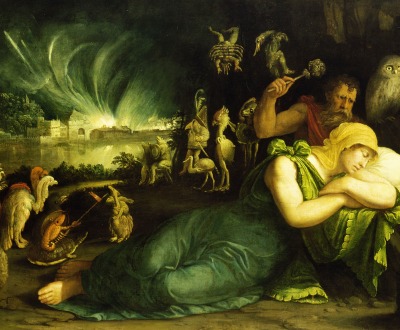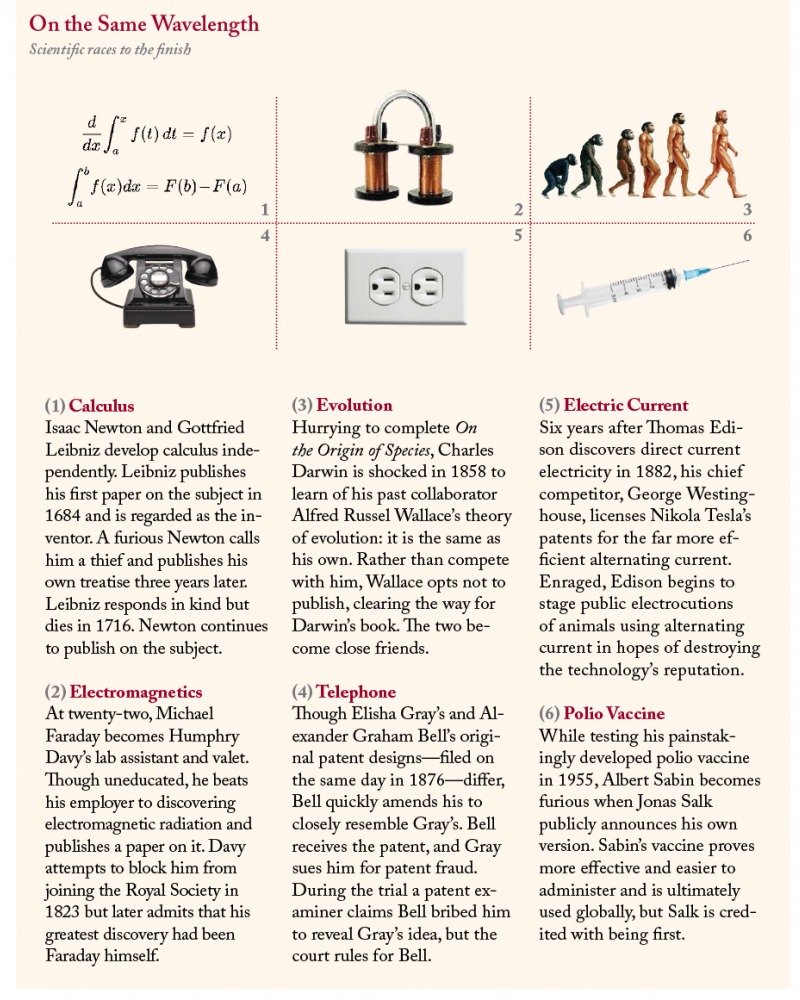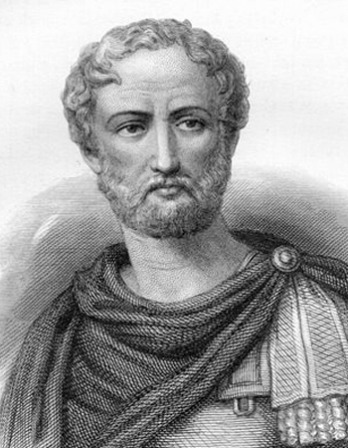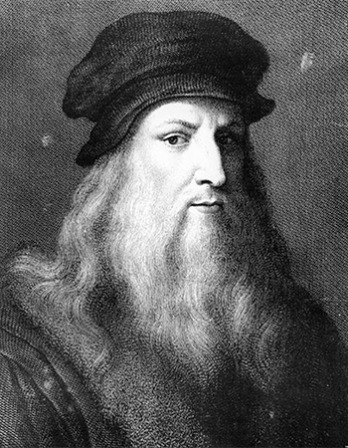Miscellany
Psychologists at the University of California recognized a lack of sleep “as a social repellent” and its effect contagious: “People who come in contact with a sleep-deprived individual, even through a brief one-minute interaction, feel lonelier themselves as a result.”
Miscellany
Astronomers theorizing the existence of small moons orbiting larger moons have proposed calling them “moonmoons.” The planet Kepler-1625b, which has a Neptune-sized moon distantly orbiting it, was cited as “sort of the best-case scenario for a moonmoon.”
Miscellany
“You don’t need a brain to sleep” was a central takeaway for a team of biologists who found that Cassiopea, a genus of upside-down jellyfish, display signs of sleep deprivation when disturbed by water pulses at twenty-minute intervals throughout the night.
Miscellany
Dynamite magnate Alfred Nobel omitted mathematics from the final list of categories his prizes would specifically recognize, claiming the prize for physics would cover it. Rumors circulated—likely helped along by the miffed Gösta Mittag-Leffler, Sweden’s leading mathematician—that this was due to a romantic rivalry between Nobel and Mittag-Leffler; the woman had chosen the mathematician, and punishing the whole field was Nobel’s revenge.
Miscellany
In 1873, as part of the Bone Wars, paleontologist Othniel Charles Marsh complained in The American Naturalist that his rival, Edward Drinker Cope, was dentally inept; he “mistook canines for incisors, nasals for frontals, maxillaries for premaxillaries, maxillaries for nasals, and maxillaries for frontals!” Cope claimed he was “too fully occupied on more important subjects.”
Miscellany
“His method was inefficient in the extreme,” scoffed Nikola Tesla in 1931 in a New York Times obituary for his former employer and longtime scientific competitor, Thomas Edison. “In view of this, the truly prodigious amount of his actual accomplishments is little short of miracle.”
Pages




